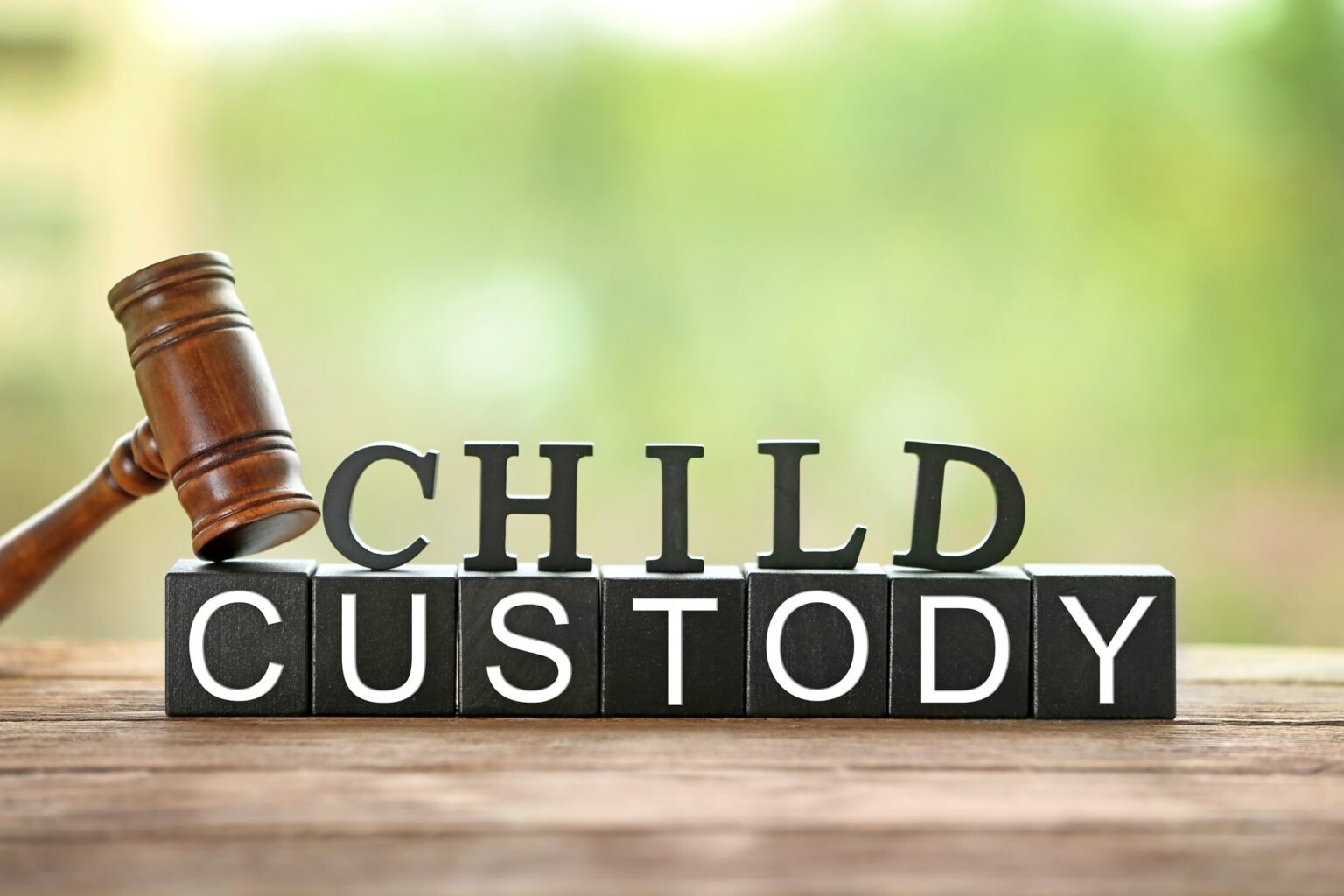
The court will be responsible for making the final decision when parents are unable to agree on a child custody arrangement. Judges focus on what is in the best interests of the child, taking into account various factors to ensure the most suitable custody arrangement. This process can be challenging, and understanding the primary considerations involved can help parents better prepare for the legal proceedings. A child custody lawyer can offer guidance on what to expect and how to present your case effectively in court.
The Child’s Best Interests
The overarching principle in any child custody case is the best interests of the child. Judges are tasked with deciding which arrangement will best serve the child’s physical, emotional, and psychological needs. This includes evaluating the stability of each parent’s home environment, the ability of each parent to provide basic needs such as food, shelter, and healthcare, and the overall nurturing environment of the household. The judge will carefully assess how each parent’s living situation contributes to the child’s growth and well-being.
The Child’s Relationship With Each Parent
The bond between the child and each parent plays a significant role in custody decisions. Judges look at the quality of these relationships to determine which arrangement would allow for the most stability and continuity in the child’s life. Parents who have been actively involved in the child’s life—helping with schoolwork, attending extracurricular activities, and providing emotional support—are often viewed favorably in court. The court may also consider the relationship between the child and siblings or other family members in each household.
Each Parent’s Willingness To Support The Child’s Relationship With The Other Parent
In a custody case, judges favor parents who are willing to support the child’s relationship with the other parent. Encouraging a positive co-parenting relationship is crucial for the child’s well-being. Courts look for signs that a parent may be attempting to alienate the child from the other parent or is unwilling to cooperate on matters like visitation schedules. This factor reflects the court’s focus on minimizing conflict and maintaining a sense of balance in the child’s life.
The Child’s Preferences
Depending on the age and maturity of the child, their preferences can sometimes influence the judge’s decision. Courts will generally take into account the opinions of older children or teenagers who may have strong feelings about which parent they wish to live with. However, the weight given to the child’s preferences varies depending on the specific circumstances of the case, and judges will still prioritize what they believe to be in the child’s best interests overall.
Each Parent’s Health And Ability To Care For The Child
The physical and mental health of each parent is another important consideration. Judges will assess whether each parent is capable of providing a safe and stable environment for the child. This includes evaluating the parent’s ability to handle day-to-day responsibilities, such as attending to the child’s medical needs, providing proper discipline, and offering emotional support. Any health issues that could potentially impact the child’s well-being may affect the custody decision.
History Of Abuse Or Neglect
If there is any history of abuse, neglect, or domestic violence in the family, this will heavily influence the judge’s decision. Courts prioritize the safety of the child, and a parent with a record of abusive behavior or neglect may face restrictions on their custody or visitation rights. Judges may also look into whether any past behavior has negatively impacted the child’s mental health or development, ensuring that the child is placed in a safe environment.
Critical Factors
When making child custody decisions, judges take a comprehensive approach, focusing on factors that promote the well-being and stability of the child. By considering elements such as the child’s best interests, the relationships involved, and each parent’s ability to provide a supportive environment, the court works to create an arrangement that benefits the child. Attorneys like those at the Law Office of Daniel E. Stuart, P.A. can attest to the importance of preparing a solid case that reflects your dedication to your child’s well-being during this challenging time.

